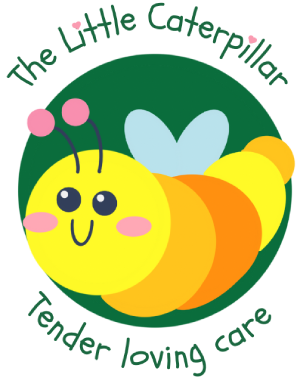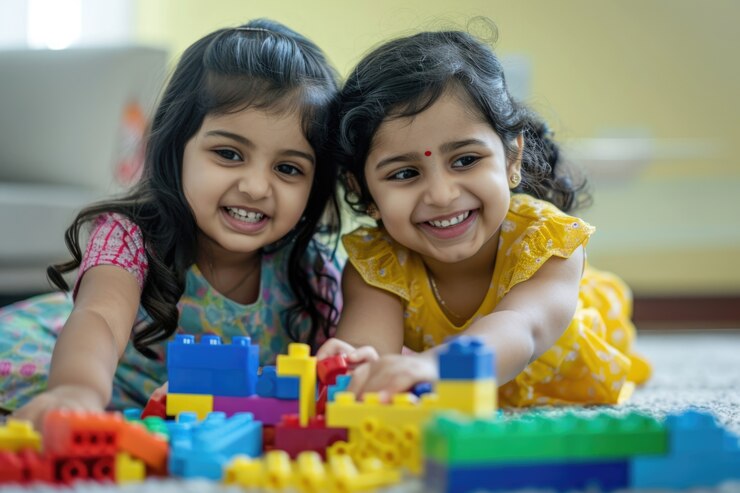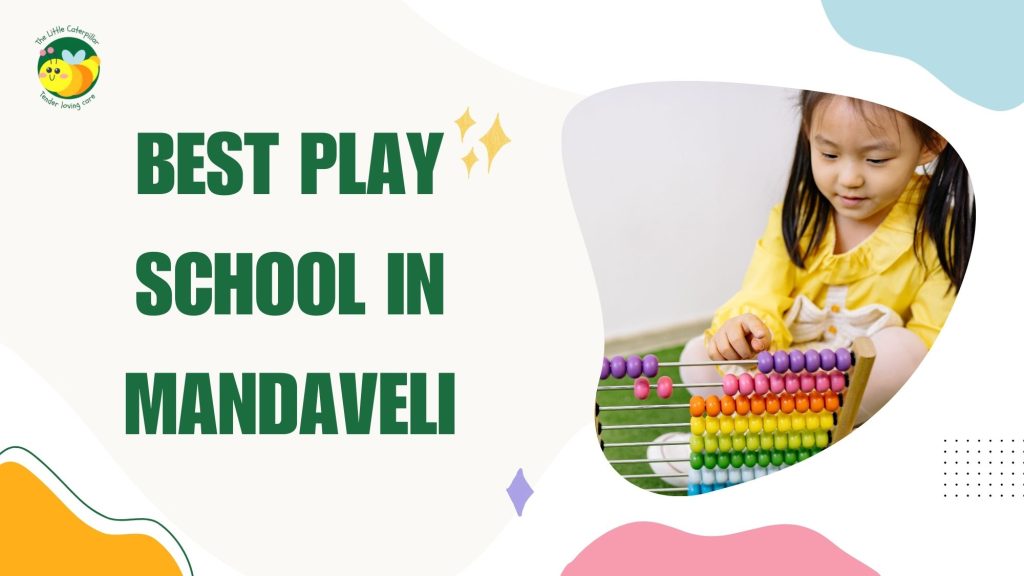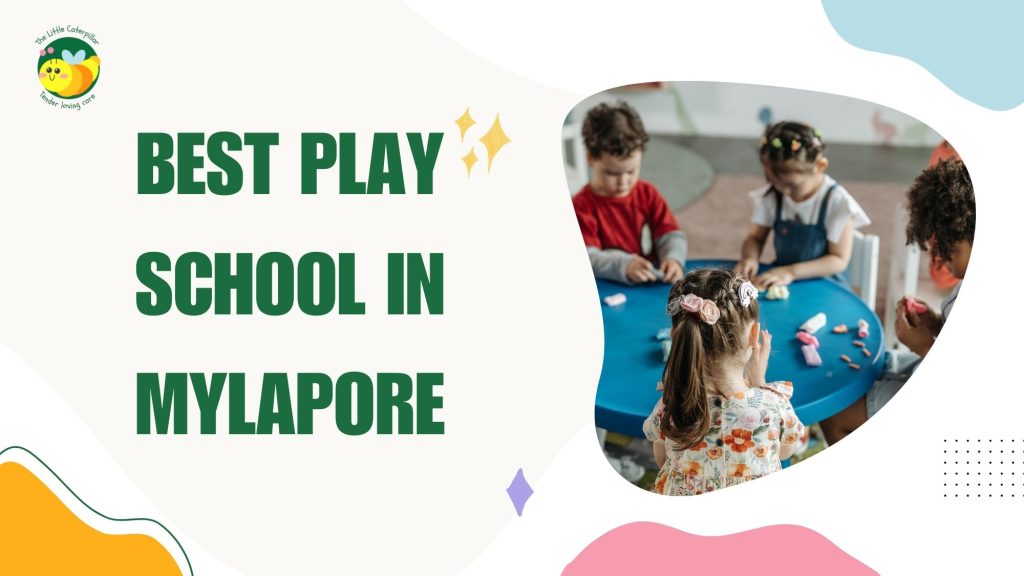Table of Contents
Introduction
In the vibrant city of Chennai, Little Caterpillar stands as a beacon of progressive early childhood education, blending Montessori and Reggio Emilia methodologies with rich Indian cultural heritage. Central to its educational philosophy is the belief that collaboration between parents and teachers plays a crucial role in supporting children’s holistic learning and development. This essay explores how Little Caterpillar fosters effective parent-teacher collaboration, leveraging the expertise of its trained teachers, many of whom are young mothers and psychology-trained, to create a nurturing environment that embraces Indian cultural values.
Educational Philosophy and Cultural Context
Little Caterpillar draws inspiration from Montessori and Reggio Emilia approaches, adapting them to resonate with the cultural context of India. Montessori’s emphasis on independence, hands-on learning, and individualized instruction aligns with the school’s commitment to nurturing each child’s unique potential. Meanwhile, the Reggio Emilia approach’s focus on collaboration, creativity, and the environment as a teacher enriches children’s educational experiences at Little Caterpillar.
Integrating Indian cultural heritage into the curriculum is pivotal. Celebrations of festivals such as Diwali, Holi, and Eid not only expose children to diverse traditions but also foster a sense of belonging and cultural pride. Stories from Indian mythology and folk tales are woven into lessons, imparting moral values and deepening children’s understanding of their cultural identity.
The Role of Teachers
Teachers at Little Caterpillar are at the heart of fostering parent-teacher collaboration. Trained in psychology and well-versed in both Montessori and Reggio Emilia methodologies, they bring a depth of understanding to their interactions with children and parents alike. Many teachers are also young mothers, which enhances their empathy and ability to relate to parental concerns and joys.
Strategies for Parent-Teacher Collaboration
- Open Communication Channels: Little Caterpillar maintains open lines of communication between teachers and parents through regular meetings, newsletters, and digital platforms. These channels ensure that parents are informed about their child’s progress, classroom activities, and upcoming events.
- Parent Education Workshops: The school organizes workshops and seminars for parents on topics ranging from child development to effective parenting strategies. These sessions empower parents with knowledge and skills to support their child’s learning journey both at school and at home.
- Individualized Learning Plans: Teachers work collaboratively with parents to develop individualized learning plans (ILPs) for each child. ILPs outline goals, strategies, and milestones tailored to the child’s unique strengths and areas for growth. Regular updates and reviews ensure alignment between home and school environments.
- Parent Involvement in Classroom Activities: Parents are encouraged to participate in classroom activities such as storytelling sessions, art projects, and cultural celebrations. This involvement not only strengthens the bond between home and school but also enriches children’s learning experiences by providing diverse perspectives and insights.
- Joint Decision-Making: Important decisions regarding curriculum enhancements, school policies, and community initiatives are made collaboratively with input from both parents and teachers. This participatory approach ensures that the school’s practices reflect the values and priorities of the entire Little Caterpillar community.
Impact and Benefits
Effective parent-teacher collaboration yields numerous benefits for children’s holistic development:
- Enhanced Learning Outcomes: When parents and teachers work together, children receive consistent support and encouragement, leading to improved academic and social-emotional outcomes.
- Positive School Experience: Collaborative efforts create a supportive and inclusive school environment where children feel valued and understood, fostering a positive attitude toward learning.
- Cultural Enrichment: Parents’ contributions enrich classroom activities with cultural insights and traditions, promoting cultural diversity and appreciation among students.
- Early Intervention: Close collaboration enables early identification of potential challenges or developmental needs, allowing for timely interventions and support strategies.
Challenges and Solutions
While parent-teacher collaboration is beneficial, challenges such as scheduling conflicts, language barriers, and varying expectations may arise. Little Caterpillar addresses these challenges through:
- Flexible Communication Options: Offering multiple communication channels accommodates diverse parent preferences and schedules.
- Cultural Sensitivity Training: Providing cultural sensitivity training for staff and parents fosters mutual understanding and respect for diverse perspectives.
- Clear Expectations: Establishing clear expectations and guidelines for collaboration ensures alignment between school and parental involvement efforts.
Conclusion
Little Caterpillar in Chennai exemplifies how effective parent-teacher collaboration can positively impact children’s educational experiences and overall development. By integrating Montessori and Reggio Emilia methodologies with Indian cultural heritage, and leveraging the expertise of psychology-trained educators, the school creates a nurturing environment where children thrive academically, socially, and culturally. Through open communication, mutual respect, and shared decision-making, Little Caterpillar fosters a strong partnership between parents and teachers, ensuring that each child receives the support and encouragement needed to reach their full potential.
References
- Montessori, Maria. The Absorbent Mind. Clio Press, 1995.
- Edwards, Carolyn, et al. The Hundred Languages of Children: The Reggio Emilia Approach to Early Childhood Education. Praeger, 1998.
- Narayanan, Vasudha. Indian Culture and Education. Sterling Publishers Pvt. Ltd., 2007.
- Bronfenbrenner, Urie. The Ecology of Human Development: Experiments by Nature and Design. Harvard University Press, 1979.



